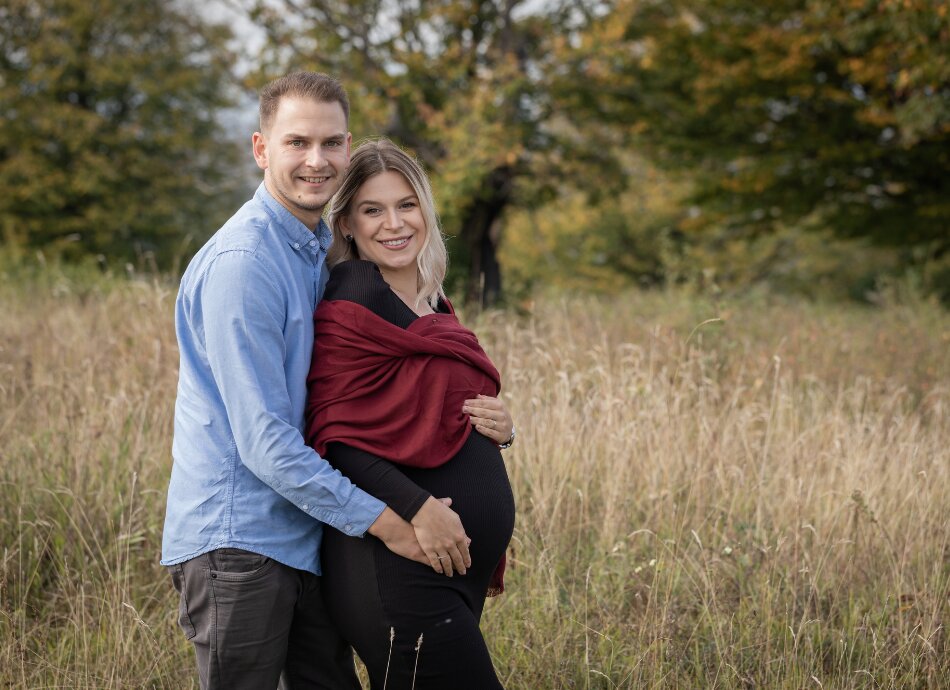If you're a frequent visitor to Healthify, why not share our site with a friend? Don't forget you can also browse Healthify without using your phone data.
Pregnancy blood tests – Blood group
Key points about blood group testing during pregnancy
- Pregnancy (antenatal) blood tests are carried out during pregnancy to check on the health of you and your baby.
- As part of your care during your pregnancy, you will be given a blood test to find out which blood type (group) you are.
- Knowing which of the 4 types you have (A, B, AB or O) is useful to know in case you need to be given blood after your delivery.
- Checking whether you are Rhesus D positive (RhD+) or negative (RhD-) is also done.

There are 4 blood types (A, B, AB or O). You inherit your blood group from your parents so therefore it stays the same your whole life. These blood groups do not cause any issues in pregnancy, but can be useful to know after delivery, in case you need to be given blood, eg, if you have heavy bleeding (haemorrhage) during the birth or afterwards.
It is also recommended that another type of inherited blood group, called Rhesus D, is checked. You can be either Rhesus D positive (RhD +) or negative (RhD -).
If you are RhD + it does not cause any issues or require any treatment. However, if you are RhD -, it is possible to develop ‘antibodies’ as an immune response if some of your baby’s blood enters your bloodstream. This might occur if you have a ‘sensitising event’, eg, any bleeding in pregnancy, a miscarriage or abortion, a car accident or blow to the abdomen/puku, or during delivery. These antibodies remain for the rest of your life, and do not cause you any health problems. However, they can cause any babies you have in the future (and occasionally this baby) to become severely anaemic and jaundiced, which could even cause them to die. To reduce the chance of this happening, you will be recommended to have an injection of ‘Anti-D’ every time one of these sensitising events happens.
There are over 50 different kinds of blood groups, and if another person’s blood ever enters your body (eg, from a blood transfusion or during a former pregnancy, as explained above) you may start making antibodies against a group that is different from yours. Some of these antibodies are harmless, but some in pregnancy can make the baby anaemic and even cause it to die. If antibodies are picked up, you will be referred to a specialist for discussion about monitoring your baby carefully, with very occasional treatment being required.
Blood groups and types(external link) PatientInfo, UK
About blood(external link) NZ Blood Service
Antenatal care during pregnancy(external link) RANZCOG, NZ, 2021
Apps
Credits: Healthify editorial team. Healthify is brought to you by Health Navigator Charitable Trust.
Reviewed by: Dr Janet Crofts. Obstetrician, Auckland
Last reviewed:
Page last updated:





